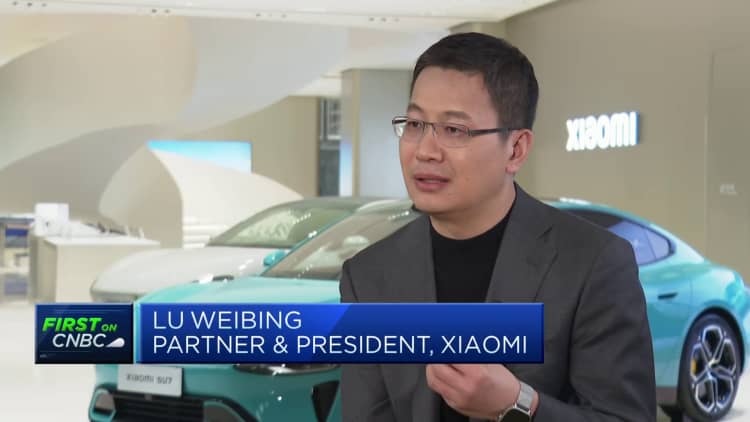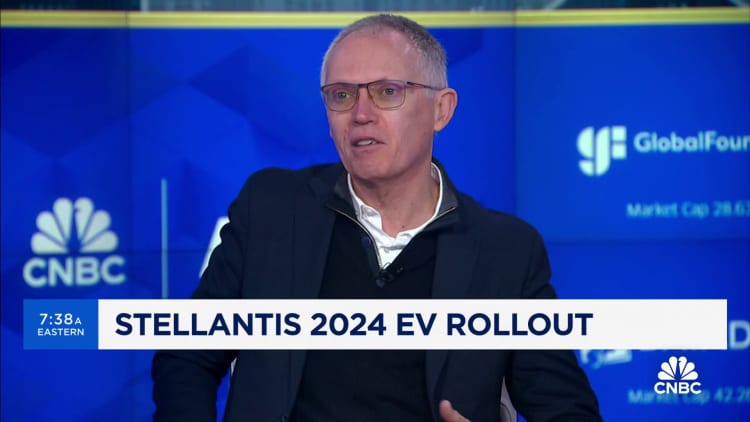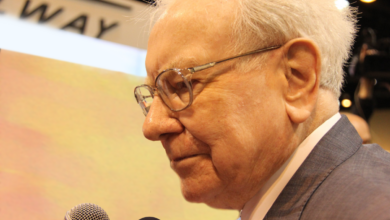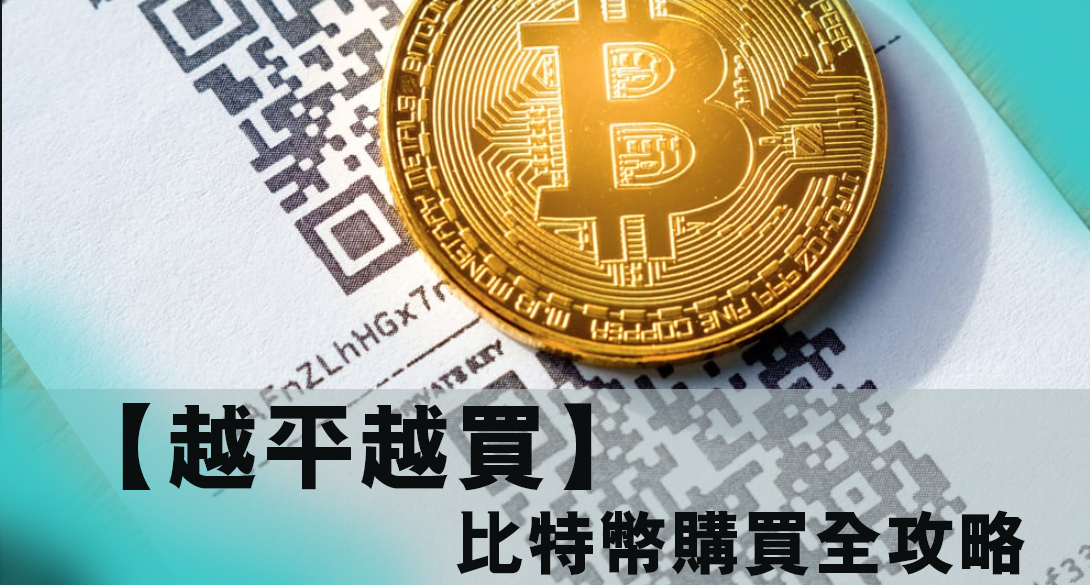Xiaomi bets big on its new electric vehicle — targets 20 million premium users
[ad_1]

BEIJING – Chinese smartphone company Xiaomi believes it’s identified a consumer niche that will pay up for its upcoming electric car in a fiercely competitive market.
“We think it’s a good starting point for us in the premium segment because we have already 20 million premium users in China based on the smartphone,” Xiaomi Group President Weibing Lu told CNBC ahead of the car’s international reveal at the Mobile World Congress in Barcelona, which kicks off Monday.
“I think the initial purchases will be very overlapped with the smartphone users.”
He said the company considered a range of price points, from entry level to luxury, for a car it’s spending $10 billion to develop.
Xiaomi revealed its SU7 electric car in China in late December but has yet to announce a specific price. Lu said a formal release would come “very soon” and indicated domestic deliveries would start as soon as the second quarter.

The Beijing-based company is a market leader in the smartphone industry, ranking third in global shipments behind Apple and Samsung, according to Canalys. Data from the tech market analysis firm showed that Xiaomi captured about 13% of the global market and shipped 146.4 million phones in 2023.
The company in recent years has also branched out into TVs and home appliances, which are smartphone-controllable and often sport a sleek, white design. Most of Xiaomi’s revenue is from phones, with just under 30% coming from appliances and other consumer products.
Xiaomi has generally been known for more affordably priced products. That’s raised doubts about whether it can sell an electric car – promoted as a rival to Porsche – in a market where even established EV giants like BYD are slashing prices.
In the future we think it’s not [that] we give the instruction to the device but actually [that] the device can understand your needs and meet your needs proactively
Weibing Lu
Xiaomi, president
Lu said Xiaomi’s approach is based on ecosystem development, as well as a smartphone “premiumization” strategy launched in 2020 that has since “achieved very good progress.”
In an earnings call in November, he noted the company benchmarked its latest Xiaomi 14 phone to the iPhone 15 Pro, and claimed the new device was “overtaking” Apple‘s, according to a FactSet transcript.
However, also eating into Apple’s market share is Huawei, whose popular Mate60 Pro starts at 6,499 yuan ($900), between the price range of the Xiaomi 14 Pro and iPhone 15 Pro.
Huawei saw smartphone shipments in the mainland surge by 47% year-on-year in the fourth quarter, putting it ahead of Xiaomi, according to Canalys.
Building on its tech capabilities as a telecommunications and smartphone company, Huawei has swiftly become a player in China’s electric car market.
The company launched the Aito vehicle brand in late 2021 and sells its HarmonyOS operating system and other software to multiple auto manufacturers. Huawei also promotes some of those cars, including the premium-priced Aito M9 SUV, by showing them in its smartphone stores.
Apple has yet to formally enter the electric car market despite reports it has been working on one. In the fall, Chinese startup Nio released its own Android smartphone.
Ecosystem development
Xiaomi launched a new operating system in the fall called HyperOS.
It claims the system includes an artificial intelligence component that can learn from user behavior to automatically adjust connected devices, such as home lighting.
“In the future, we think it’s not [that] we give the instruction to the device but actually [that] the device can understand your needs and meet your needs proactively,” Lu said.
The company calls the strategy “human x car x home.”
HyperOS is only available on Xiaomi’s 14 phone right now. But the system is due for rollout in the coming months to appliances and the forthcoming car, Lu said.
Spending billions of dollars on the ecosystem and the car are all part of Xiaomi’s efforts to survive in an industry the company expects will become even more competitive.
In 10 or 20 years, the electric vehicle market will likely be very similar to that of smartphones today — with the top five brands holding about 70% of the market, Lu said. “Without huge funds, we don’t think we can be the final players.”
After the first car, the next step for Xiaomi is to build its own factories and make the key components in-house, Lu said.
Xiaomi earlier this month announced its new smartphone factory in Beijing had started operations, with production capacity for more than 10 million devices.
For the SU7 car, Chinese government releases currently list a subsidiary of state-owned Baic Group as the manufacturer. Xiaomi told CNBC it didn’t have public information to share at the moment.
Overseas market an ‘amplifier’ for Xiaomi
Similar to an increasing number of Chinese companies, Xiaomi is looking overseas for future growth. For the last six years, between 40% to 50% of the company’s revenue came from outside mainland China, primarily Europe and India.
Lu, who joined Xiaomi Group in 2019, is also president of its international business department and said he spends “a lot of time” on the overseas market.
“It will be the amplifier of Xiaomi’s business,” he said, noting the overseas consumer electronics market is about triple the size of China’s.
As part of his trip to Barcelona for MWC, Lu said he’s visiting Paris, along with Africa and the Middle East.
He acknowledged the political environment makes it more difficult for Xiaomi to go global, but said the company can overcome those challenges by building up in-house capabilities and diversifying the business globally and by product.
As for the car, Lu declined to specify a timeframe for its overseas launch, but said it typically takes two to three years.
[ad_2]
Source link





